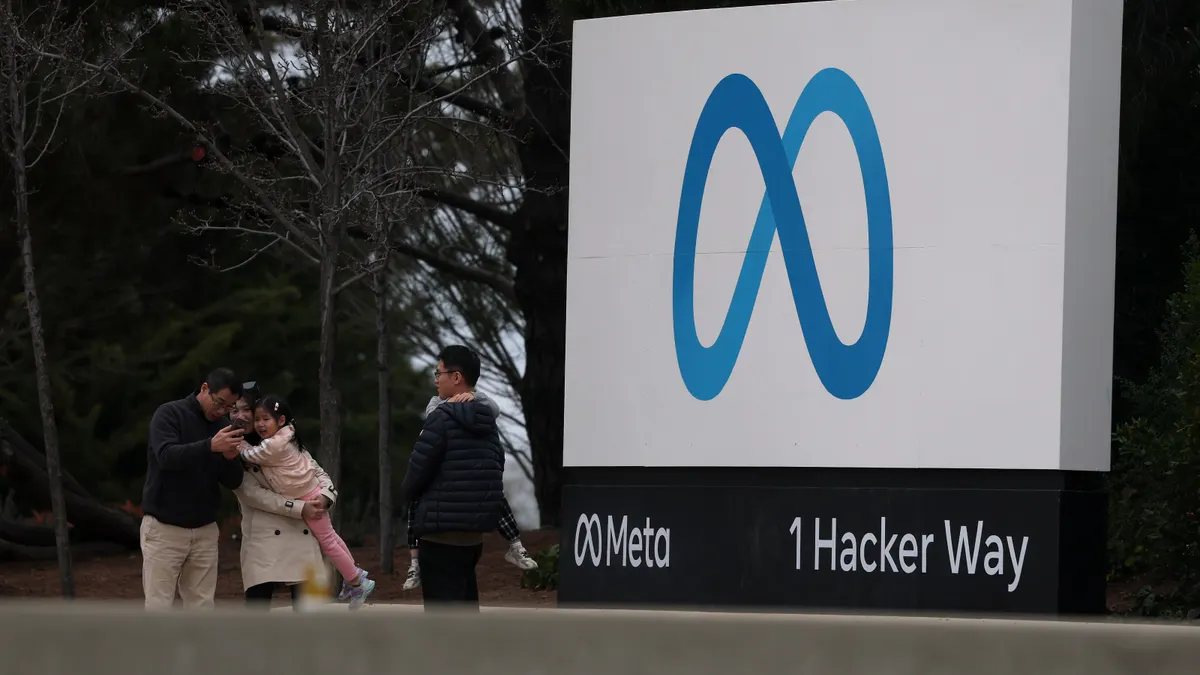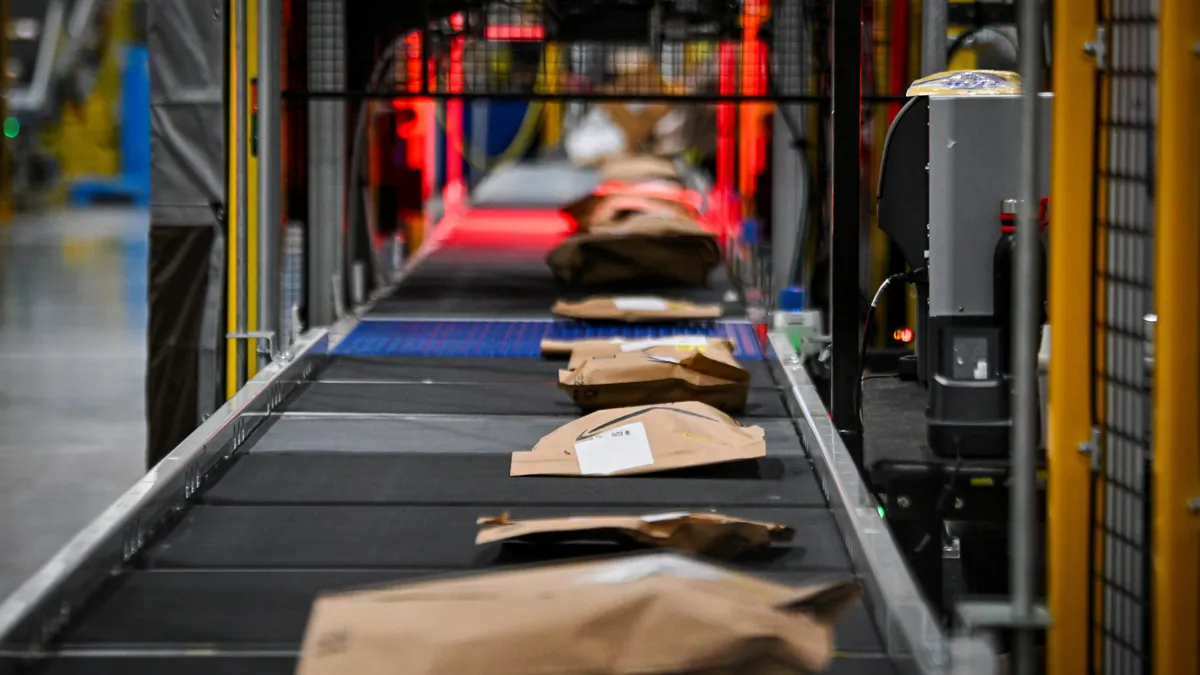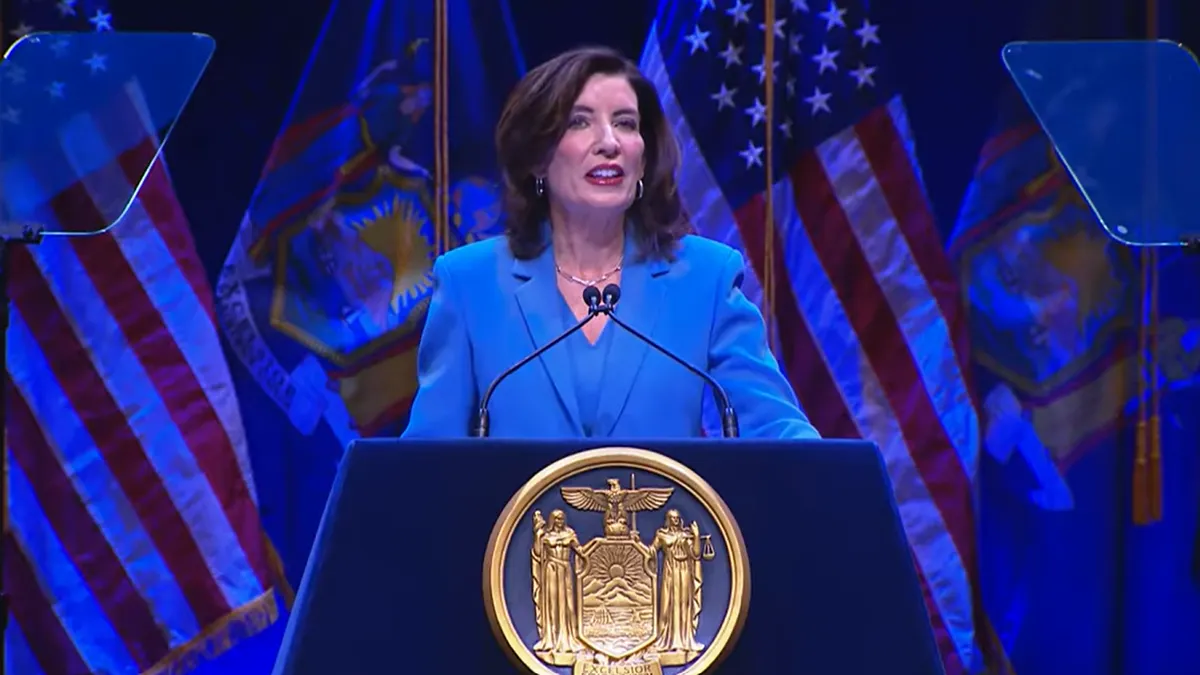Rain Technologies CEO Alex Bradford doesn’t shrink from regulation of the earned wage access industry. In fact, he believes oversight tends to be a good thing.
When some of his industry peers celebrated the Trump administration’s retreat from a Biden era Consumer Financial Protection Bureau policy that labeled some EWA financing as lending, he wasn’t so sure it was a positive. Under the Biden administration, the CFPB made an effort to impose lending laws on EWA services.
Meanwhile, about a dozen states have enacted new laws to regulate EWA services, but only a few have taken the approach of subjecting the financing to lending laws. Bradford supports the latest laws, but says he is opposed to older, “antiquated” state laws that impose outdated restrictions on the industry.
Earned wage access providers allow workers, usually those on hourly jobs, access to their wages before regularly scheduled paydays. There are dozens of EWA providers and their business models vary, with some providing the financing directly to consumers and others delivering services through employers.
Santa Monica, California-based Rain provides EWA financing through about 1,200 U.S. employers, targeting those that have at least 500 workers. It counts hospitals, restaurants and retail establishments among its clients, Bradford said. For instance, the company’s website features a worker for the fast-food chain Wendy’s speaking about the service.
Rain, which has 180 employees, makes most of its revenue from imposing a $3 access fee when workers want to receive their earned income in seconds or minutes, as opposed to the next business day. It also earns income from card interchange fees paid by merchants when workers spend the wages that have been placed on Rain debit cards.
In an interview last Thursday, Bradford, who mainly works from Miami, discussed his views on industry regulation.
Editor’s note: The following interview has been edited for clarity and brevity.
PAYMENTS DIVE: What’s your take on regulation of the earned wage industry?
ALEX BRADFORD: We welcome state and and federal regulations that facilitate responsible guardrails. So, I think that's good for employees, it's good for the ecosystem. And I just wish it would happen faster. We've always thought regulations overall, on the average, should be good for our space. And so far, regulations have been good for the space.
Why is that?
Several state regulations have pretty antiquated laws as it relates to the areas of regulation and law, pertinent to our space, in the areas of consumer credit, consumer financial regulations, etc. Depending on the state, some of these laws can be quite antiquated, because they were written a very long time ago when this type of infrastructure was not possible.
By having a very clear regulatory framework in a particular state, then it becomes very clear how to comply with the law, and there's no question for the vendor, there's no question for the employer or for the user, if the service is compliant or not. And so that's just good for business.
What’s the worst part of those old-fashioned state laws?
It's very nuanced. There's not a simple answer there. It depends on the state. Whether a state regulates EWA as credit or not, I don't think matters so much. I think other people think it might matter. I think what matters is just that the space should be regulated with responsible guardrails – that's just the right thing to do.
What’s your take on the new EWA laws that have been passed by about a dozen states?
In my view, even though there's different flavors of these state regs, they're all better than not having any regulation, all of them, each one of them. And so I just wish every state would follow that initial group that has regulated the space, and it's a little frustrating that some states are taking so long.
What’s your view of the latest pullback of oversight by the CFPB?
I’m not convinced it’s a good thing to defund the CFPB, or to take away its authority.
Under Biden, effectively, it said EWA is credit and proper [Truth in Lending Act] disclosures should be used. And a lot of people in our space were very against that. And we thought, actually, that makes sense. Why is that bad? And then under Trump, new [CFPB] leadership repeals the last advisory opinion, and I think some people were happy with that in the space, and we were not sure if that's necessarily a good thing.
Correction: This story has been updated to say that Rain has 180 employees.






















